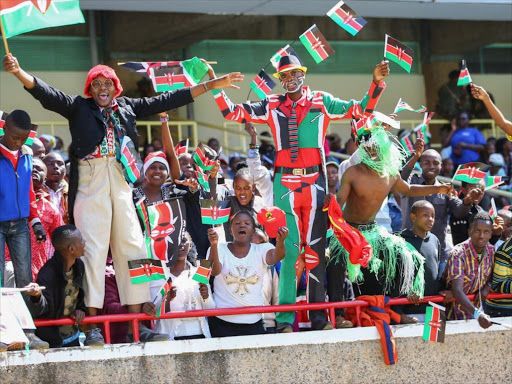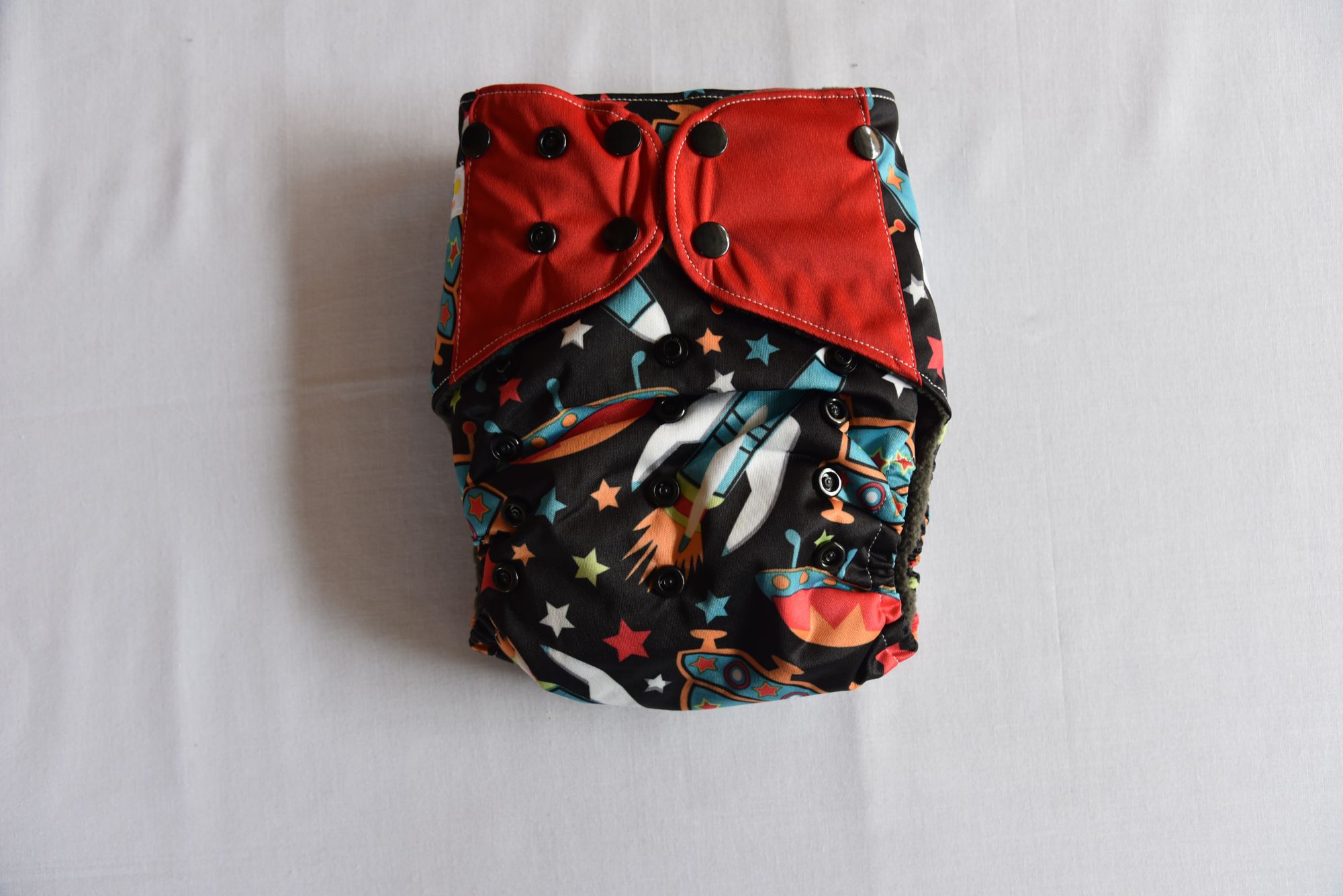Fun family activities for Madaraka day
Every year on June 1st, Kenyans celebrate the day the country gained internal self-governance after being a British colony before gaining full independence in 1964. Below are activities that your

Every year on June 1st, Kenyans celebrate the day the country gained internal self-governance after being a British colony before gaining full independence in 1964.
Below are activities that your whole family can take part in while inspiring your children to take pride in their Kenyan heritage.
Attend the official Madaraka day event
The 59th Madaraka Day celebrations will be held at the Uhuru Gardens in Nairobi with performances such as military parades, air shows, music and dancing.
The President graces the event with a speech that often addresses the struggle for freedom in the country and touches on other issues that are affecting the country. To conclude the celebrations, the national anthem is sung.
You can alternatively follow it live on television channels.
Watch Madaraka day documentaries
Doing so offers detailed accounts on the days leading to Kenya’s self-governance and can help answer all questions that children might have about the day. For parents, this will also help you gain knowledge on certain accounts you might have missed.
Plant a tree or flower to commemorate the day
This is a great way to introduce children to environmental conservation. You can execute this in your backyard if you have one, if not, use seed jars that will introduce the love for plants to children and prompt them to look after.
Visiting historical places
If you prefer outdoor activities and love to travel, here are few places that hold Kenya’s heritage and can be fun to visit.
The Kenya National archives and Documentation Services (KNADS)
Popularly known by Kenyans as Archives, many have never set foot inside this landmark that is normally a rendezvous place for those who are unfamiliar with where they are in Nairobi. The building has 2 floors of history.
The ground floor is named the Murumbi Gallery after the 2nd Vice President of Kenya. Joseph Murumbi and his wife sold their art collection to the Government of Kenya which went on display at the Archives.
It is considered the largest Pan-African art gallery in Africa. The collection features traditional crafts and artifacts used by various cultures across Africa.
1st floor has a collection of photographs that tell Kenya’s story from the struggle of independence to modern-day Kenya.
The building has more elaborate accounts of all the Kenyan history your children learn in primary and secondary school.
Nairobi National Museum
Animals and birds on display in this museum make for an immense journey of Kenya’s history and heritage.
There is also the Historia ya Kenya showcase that highlights Kenya and East Africa’s history told from our perspective and not that of the colonialist. The Cradle of Humankind exhibition displays the prehistory.
There is a lot of information to be learned and there being visual representations, children will enjoy touring around the museum.
You can wind up by visiting the snake park which is adjacent to the museum.
Featured photo from Google Arts and Culture
Nairobi National Park
It famous for its array of wildlife and its closeness to a major city yet regardless of the latter, quite a number of Nairobi residents have never set foot there.
It has animals including 4 of the Big five, gazelles, giraffes and warthogs among others.
Take your children along and watch them marvel at the variety and beauty of our wildlife.
Bomas of Kenya
This tourist village in Langata, Nairobi has traditional huts from a number of Kenyan tribes.
Visit this place and you will learn how most Kenyans lived before the coming of the Europeans.
Shimba Hills National Reserve
Located in Mombasa, Shimba Hills National Reserve is a fun place to be. Its main attraction are the forest elephants that migrate in and out of the reserve.
It also has rain-forests and grasslands, a dozen of rare and endangered species such as native orchids and an abundance of bird life and butterflies. Splendid, right?
Madaraka day brings all Kenyans together and it is the perfect time for you to educate your children about their roles as citizens, how to take pride in being Kenyans and how they can protect their independence.
Featured photo from Wikivoyage
Featured photo courtesy: The Star.







